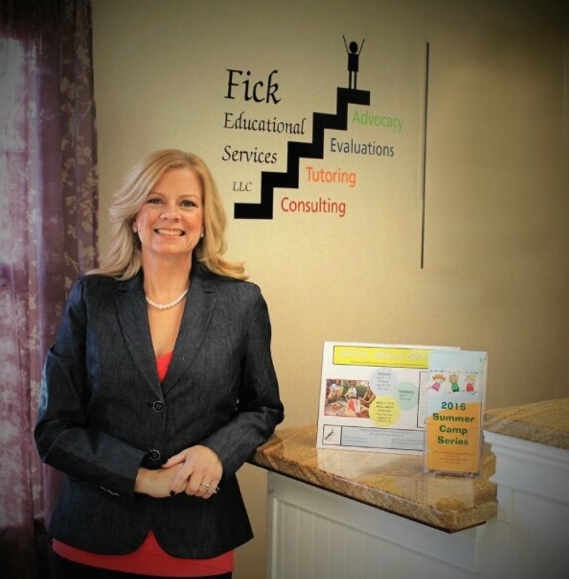With the events of the last few years, many parents have seen their children behaving differently and handling stress in ways that are new to them. Perhaps they have had trouble making new friends or adapting to social situations. Maybe they feel anxious about leaving their home or comfort zone. Perhaps the simple act of going to school in person causes tears and tantrums more often than you think is normal. What do you do?
Here are some of the questions you may be asking alongside advice to approach them. Keep in mind, there is no one-size-fits-all solution for mental health, so these are just a starting point.
Could my child have anxiety disorder?
Maybe, but symptoms need to be investigated thoroughly before a diagnosis is made. The Child Mind Institute lays out some things to look for. Common symptoms that could indicate anxiety are shaking, sweating, or otherwise physically reacting to anxiety-inducing situations. Think “classic” panic attack symptoms. Immature behavior like tantrums in older children when presenting with stressful situations.
The Child Mind Institute also points out two main types of anxiety: one is being afraid of receiving the spotlight, while the other is focused on social/interpersonal situations in general. While any child or adult will sometimes feel anxious in these situations, the institute points out, “To be diagnosed, the anxiety symptoms have to show up when the child is around their peers, not just adults. Symptoms must last for at least six months.” If your child seems to be frequently and consistently displaying these characteristics, we recommend seeking the health of a mental health professional to provide insight.
What causes children to have anxiety?
This question has no straightforward answer. While factors like environment, genetics, physical health, trauma, and many others can contribute to anxiety, there is not a single common cause and never likely an isolated reason for anxiety. While it may seem like a incident “triggers” anxiety, it just may be that that incident brought signs of anxiety to the surface so clearly that they can no longer continue to be hidden.
It’s important to not feel guilt if your child is struggling with anxiety and having difficulty making friends. That mindset will limit your ability to rationally approach next steps to support your child. Remember that there is no sole reason a child struggles with social anxiety, but supportive parents can be the key tool that they need in order to begin overcoming their challenges.
The pandemic has caused such stress; how can I overcome this?
The shift to virtual learning, lack of a consistent in-person support system, fear of illness, and shift to a more normal lifestyle is a lot for any person. A child experiencing key developmental milestones is especially at risk. First of all, you need to recognize any anxiety due to the changes the pandemic has brought is rooted in some kind of genuine emotion. It’s not rational to fear breathing when in public for fear of getting sick and dying, but if a child has that fear the emotions around it feel more real than anything. Don’t start a conversation by immediately going to the steps of “what you need to do is go to XYZ, talk to ABC, and work on 123…” Start with those emotions.
Acknowledge that your child is feeling something very real and talk through it with them. Try “What makes you afraid to go to school?”, “How do you feel when someone gives you unwanted attention?”, “Can you talk me through how you calm down once you feel anxious?”, “What situations do you worry about more than others, and which don’t you worry about at all?”. After this, transition to discussing positive aspects of in-person social situations and gently push your child towards putting themselves a bit outside of their comfort zone. Finally, congratulate them when they do success and repeat the process if they struggle to succeed in embracing social situations.
I am worried about mental health treatment for anxiety. What is it like?
The American Academy of Child & Adolescent Psychiatry beautifully lays out the common questions and concerns about anxiety. There is not one treatment for anxiety. In some cases, when the child does not have anxiety disorder and is just dealing with difficult life situations and transitions, counseling, tutoring, or structured group activities can help. Eventually they overcome their strugglesand no longer need consistent targeted support in those areas.
Children facing anxiety disorders likely will benefit from psychotherapy. Frequently this may lead to cognitive behavioral therapy (CBT). Essentially, CBT is guided thought surrounding the behaviors, thoughts, and situations in question to help train an individual to manage anxiety in their day to day life. If this is successful, a child will not need medication and likely can reduce or eliminate future CBT sessions.
Conclusion
Still, there is not single solution for a child facing anxiety. The degree of struggle, duration, and individual causes and symptoms are going to dictate the path forward. A supportive family may be what a child needs, but do not feel any shame regarding seeking external mental health help. The ultimate goal is help your child have a healthy level of confidence and a strong social life and support system. Conquering anxiety will pay dividends as a child matures and prepare them to face the challenges of adulthood.

 Fick Educational Services is devoted to the educational needs of the children through individualized learning plans, tutoring and advocacy.
Fick Educational Services is devoted to the educational needs of the children through individualized learning plans, tutoring and advocacy.

